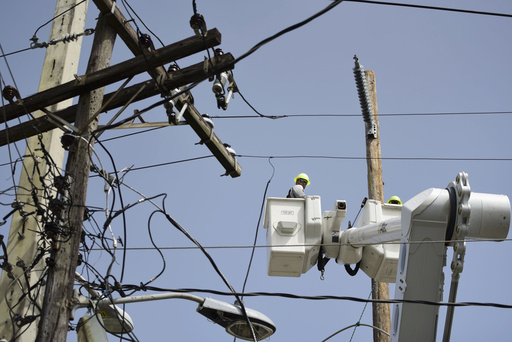
A federal judge managing the lengthy debt-restructuring process for the Electric Power Authority in Puerto Rico has ordered all involved parties to participate in mediation, aiming to resolve the deadlock that has caused significant concern. The power company currently holds over $10 billion in debt and various claims, the largest among all of the island’s state agencies. Multiple attempts to restructure the debt over the past few years have failed, impacting the island’s ability to attract investors and leaving residents, who already face some of the highest electric bills in a U.S. jurisdiction, in a difficult situation.
District Judge Laura Taylor Swain emphasized the need for progress during a two-hour hearing in New York, urging swift action from all sides and declaring a two-month stay on litigation while encouraging sincere cooperation to find a resolution. Following a ruling by a First Circuit appeals court that reinstated $9 billion in claims by bondholders after the power company’s bankruptcy, the control board overseeing Puerto Rico’s finances pointed out the power company’s lack of net income to meet bondholder payments.
Judge Swain is now tasked with determining the amount bondholders might receive, with the board and bondholders entering mediation first, though many expressed skepticism about the outcome. The lead mediator, Judge Shelley Chapman, expressed disappointment over the failure to reach a compromise, urging incremental steps and highlighting the ongoing suffering of the people of Puerto Rico as efforts to restructure the power company’s debt endure.
Civil groups in Puerto Rico recently rejected a proposed debt-restructuring plan that would further increase power bills, which already stand at 23.77 cents per kilowatt-hour, 41% higher than the average U.S. electricity rate. The groups highlighted that diverting funds to pay bondholders would hinder necessary maintenance and investments in the electrical system, stating it needs billions of dollars for adequate service. They warned that higher rates to cover debt payments, combined with poor service, could lead to business closures, job losses, and further population migration from Puerto Rico.
An immediate comment from the board on the latest ruling was not available.
